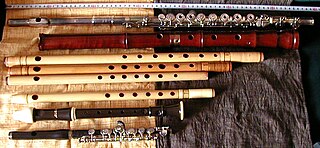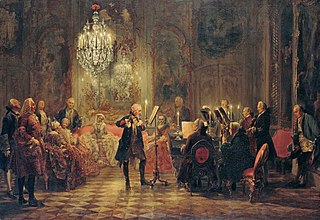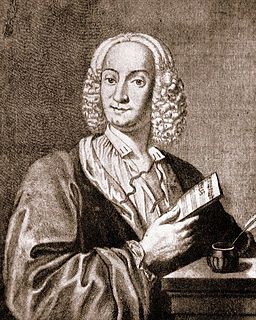
The Four Seasons is a group of four concerti grossi by Italian composer Antonio Vivaldi, each of which gives musical expression to a season of the year. They were written around 1721 and were published in 1725 in Amsterdam, together with eight additional concerti grossi, as Il cimento dell'armonia e dell'inventione.

Niccolò Jommelli was a Neapolitan composer. He was born in Aversa and died in Naples. Along with other composers mainly in the Holy Roman Empire and France, he was responsible for certain operatic reforms including reducing ornateness of style and the primacy of star singers somewhat.
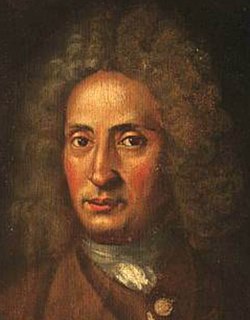
Giuseppe Torelli was an Italian violist, violinist, teacher, and composer.
The year 1721 in music involved some significant events.
Francesco Gasparini was an Italian Baroque composer and teacher whose works were performed throughout Italy, and also on occasion in Germany and England.
Francesco Onofrio Manfredini was an Italian Baroque composer, violinist, and church musician.
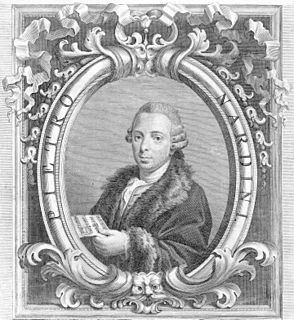
Pietro Nardini was an Italian composer and violinist, a transitional musician who worked in both the Baroque and Classical-era traditions.

Fabio Biondi is an Italian violinist and conductor. He is a specialist in Baroque and early music.

Roberto Regazzi is a notable contemporary violin maker and scholar who received his initiation in the craft from Otello Bignami. Regazzi lives and works in Bologna.
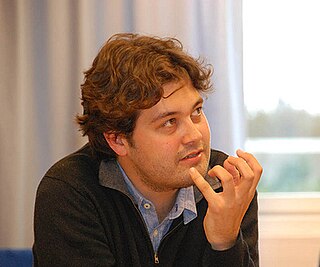
Lawrence Power is a British violist, born 1977, noted both for solo performances and for chamber music with the Nash Ensemble and Leopold String Trio.
Cappella Neapolitana is an early music ensemble based in Naples and dedicated to the recovery of Neapolitan musical heritage, primarily from the baroque era.
Giuseppe de Majo was an Italian composer and organist. He was the father of the composer Gian Francesco de Majo. His compositional output consists of 10 operas, an oratorio, a concerto for 2 violins, and a considerable amount of sacred music.
Antonio Palella was an Italian composer and harpsichordist.

Cristiano Giuseppe Lidarti was an Austrian composer, born in Vienna of Italian descent. Lidarti is best known for his rediscovered oratorio Esther composed in Hebrew for the Jewish community in Amsterdam. The text may have been prepared for Lidarti by the Jewish composer Abraham Caceres.
Filippo Maria Bressan is an Italian conductor.





